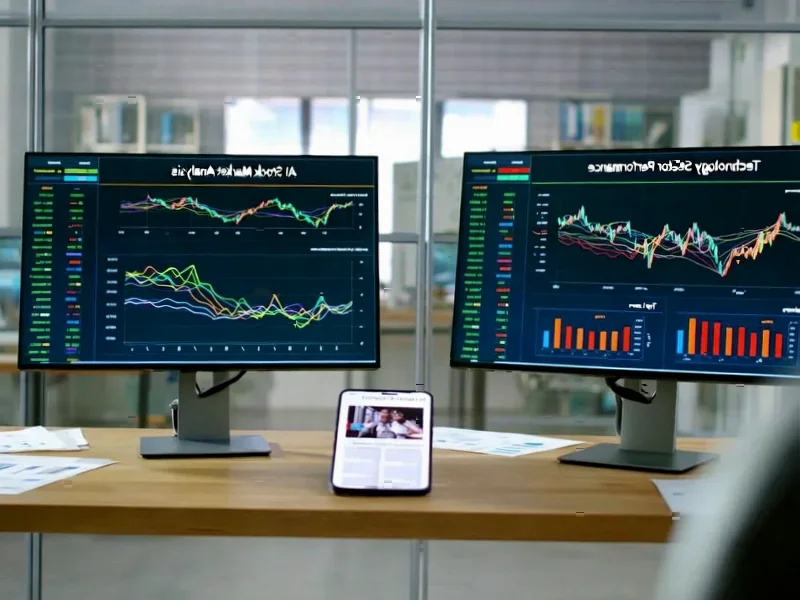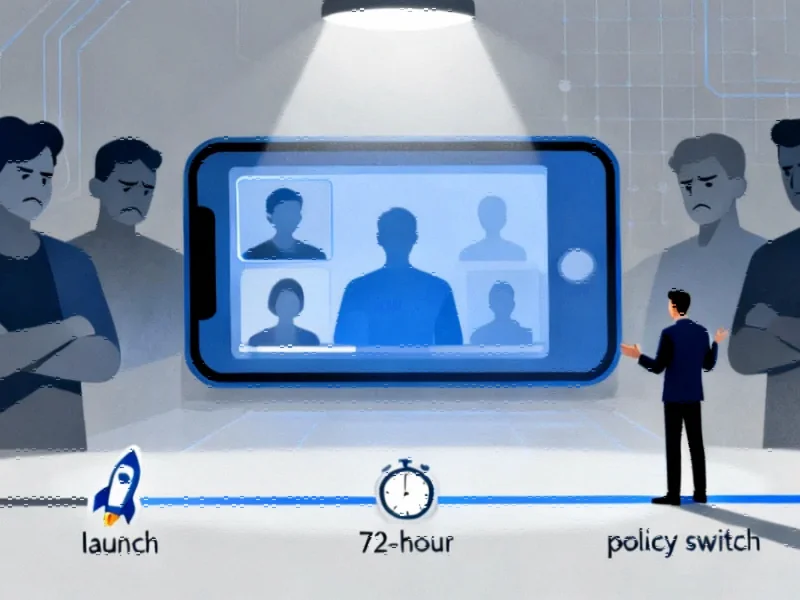According to Futurism, AI stocks experienced significant declines on Tuesday with Palantir dropping over 9% despite beating Wall Street expectations, Nvidia falling just shy of 4%, and AMD sliding nearly 3%. The S&P 500 has declined almost 2% over the last five days after rising more than 20% in the previous six months. Meta shares slid over 11% last week after Mark Zuckerberg announced increased AI spending, and are down 16% over five days. Investor Michael Burry of “The Big Short” fame disclosed bets against both Palantir and Nvidia this week. Experts including Goldman Sachs’ David Solomon predict a 10-20% equity market drawdown within 12-24 months.
The Valuation Reality Check
Here’s the thing about AI stocks – they’ve been trading on pure potential for months. Palantir’s valuation sits at over 200 times its forward earnings, which is absolutely insane by traditional metrics. Investors are finally waking up to the fact that you can’t just pour hundreds of billions into infrastructure without seeing corresponding revenue growth. The capex numbers these companies are throwing around are staggering, and the market is starting to question whether the profit growth will ever materialize to justify it.
The Big Short Guy Returns
Now Michael Burry entering the scene adds some serious drama. This is the guy who famously predicted the 2008 housing crash, and he’s placing bets against both Palantir and Nvidia. That’s a bold move considering these are the companies actually making money in the AI space. But Burry has a track record of spotting bubbles before they pop. Is he early? Probably. But the fact that he’s making these moves suggests he sees something fundamentally wrong with current valuations.
The CEO Pushback
Palantir CEO Alex Karp’s response to Burry was… colorful. He called the idea of shorting chips and ontology “bats*** crazy” and pointed out that these are the companies actually generating revenue. And he’s not wrong – Nvidia’s earnings have been phenomenal. But here’s the problem: even phenomenal earnings might not justify current stock prices if growth expectations get scaled back. When you’re priced for perfection, even good results can disappoint.
What Comes Next?
So are we looking at a full-blown AI bubble pop? Probably not yet. But this could be the start of a much-needed correction. The market has been propped up by AI euphoria for months, and a little skepticism is healthy. The real question is whether these companies can transition from building infrastructure to actually monetizing AI at scale. Because if they can’t, today’s dips might just be the beginning of a much steeper decline.




